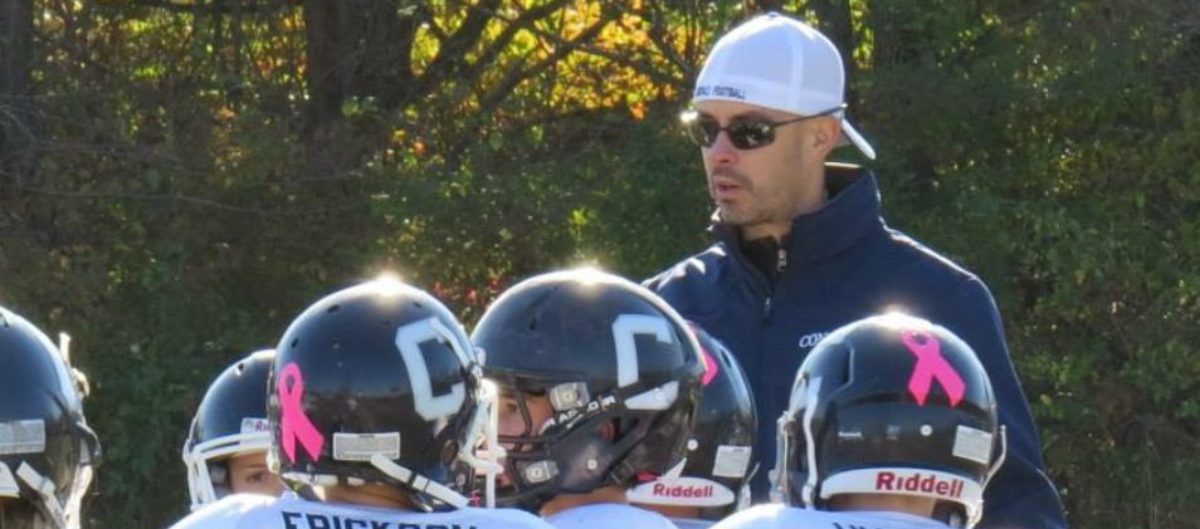The effects of criminal convictions on Divorce and custody issues is potentially very damaging. In Commonwealth v. Kiely, 2019 Pa. Super. Unpub. LEXIS 982 (2018), a father after finding out about these consequences attempted to have his plea overturned in order to avoid the consequences of the conviction. In Kiely, Supra. The Father pled guilty to one count of driving under the influence (DUI), 75 Pa.C.S. § 3802(d)(1)(ii). He did so at least putatively with the advise of counsel, although in his appeal he attempted to argue that his counsel did not properly inform him of the consequences of the plea deal.
In particular, the Father alleged that the plea deal effected voting rights, child custody issues, firearm ownership rights and apparently resulted in a driving suspension. Our Supreme Court has held that a defendant’s lack of knowledge of the collateral consequences of pleading guilty does not undermine the validity of his guilty plea. Commonwealth v. Frometa, … 520 Pa. 552, 555 A.2d 92 ([Pa.] 1989). The bottom line here is that the Court concluded that the Father’s understanding of the consequences of the guilty plea or lack thereof, was not reason enough to overturn the conviction.
Now, why is this particularly important in a family law context?
Criminal convictions can be the lodestone of a custody Decision. Having read many custody Decisions by Judges, one thing becomes clear – of the many custody factors mentioned in these Decisions most of these cases are stated to be neutral between the parties. The criminal conviction may be the tipping point on one of the custody factor determinations so that the Decision swings on that factor. Moreover, the fact that in particular, this Father was picked up for driving under the influence, would certainly affect whether a Judge felt that the Father was a good custodian in the transportation of the children. Moreover, the fact that the Father may have lost his driving license is also problematic.
In the Commonwealth of Pennsylvania, a DUI conviction also acts as a misdemeanor crime. In Pennsylvania, the fact that you have a misdemeanor conviction may prevent you from being able to participate in coaching your children – as the vast majority of organizations require background checks and negative results on these checks may be disqualifying. Moreover, Pennsylvania public school regulations also require background checks for volunteerism in the schools. Section 111 Criminal History sets forth the requirements and consequences of criminal background checks. If one is convicted of a series of offenses which relate to the safety and injury of children, one can not volunteer or work for a school district in the Commonwealth. Individuals who are convicted of felonies and misdemeanors are also restricted from working or volunteering for a school. Moreover, failing to advise a school that one has been arrested of an offense against children or other crime within seventy-two (72) hours of the arrest may also be disqualifying.
The bottom line here is that committing crimes and pleading to them, has a far-reaching potential effect on custody actions and may inhibit rights to volunteer in a child’s school or on a sports team or any other organization that regularly has volunteers work with children.
